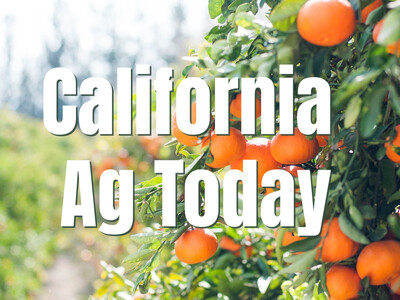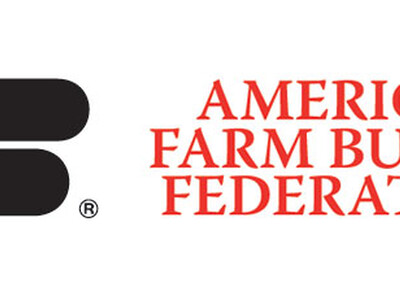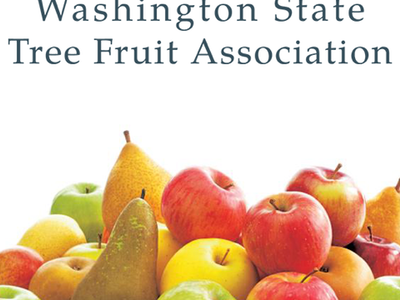Christmas Trees & Used Cooking Oil
Christmas Trees & Used Cooking Oil plus Food Forethought. I’m Greg Martin with today’s Northwest Report.
The bad economy has been rough on the live Christmas tree industry - and efforts to improve their lot have been put on hold. Plans for a national 15-cents-per-tree assessment for research and promotion was stopped after a Louisiana Congressman called it a "Christmas Tree Tax" in an effort to embarrass the Obama Administration. Paul Battaglia is a California Christmas tree farmer and board member of the national association.
BATTAGLIA: Just one person changed three years of preparation, venting by the USDA to make sure the program was correct. The “i’s” were dotted, the “t’s” were crossed, we had our comment periods with the industry - three to one in favor of the program said let’s do this so we were ready to go.
Now that you are done cooking for Thanksgiving what do you do with any leftover grease or cooking oil? General Biodiesel has installed 'Biofuel Banks' at nine sites around Seattle where you can take your grease, any day, any time of day, of dump it. They will use it to create biodiesel fuel that they sell to local business to fuel their fleets and other machinery. By pulling in greasy deposits from residents and several area restaurants General Biodiesel says it can produce hundreds of thousands of gallons of the fuel. Now that’s an interesting idea.
Now with today’s Food Forethought, here’s Lacy Gray.
Over the last decade the ethanol industry has gone from being the favored child of politicians and consumers to the often undeserved scapegoat for everything from high food costs to environmental problems. In the beginning the development of ethanol was viewed as a much needed clean burning replacement fuel for crude oil and a way to free ourselves from foreign oil. Plus the production of ethanol from corn grown here in the United States created much needed jobs and boosted the rural economy, giving corn farmers near record farm incomes in 2010. So why the turnabout in public opinion of ethanol? Not everyone sees higher corn prices as a good thing, even some in the ag industry itself have voiced concerns over higher corn prices which has lead to higher feed costs and a lower profit margin for livestock producers. Then there is the “food versus fuel” debate revolving around the controversial and sometimes irrational blaming of ethanol producers for rising consumer food costs and world hunger. The ethanol industry has more than lived up to the goals it set forth in the beginning. So just what will it have to do to regain favor?
Thanks Lacy. That’s today’s Northwest Report. I’m Greg Martin on the Ag Information Network.














